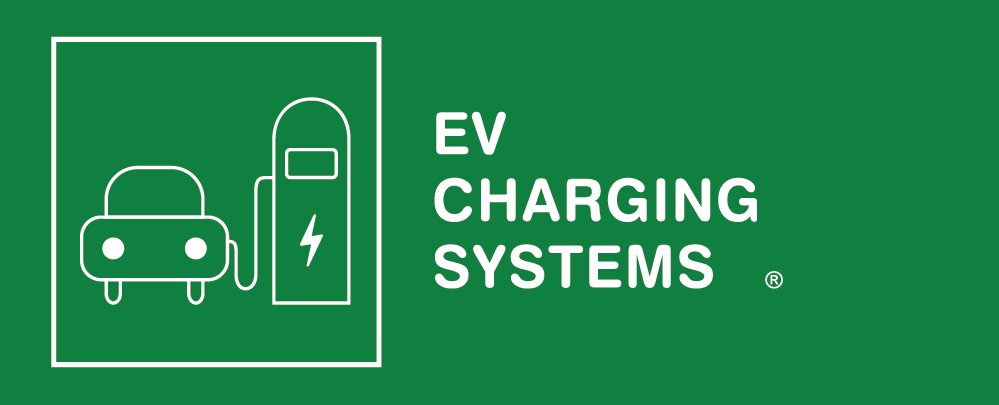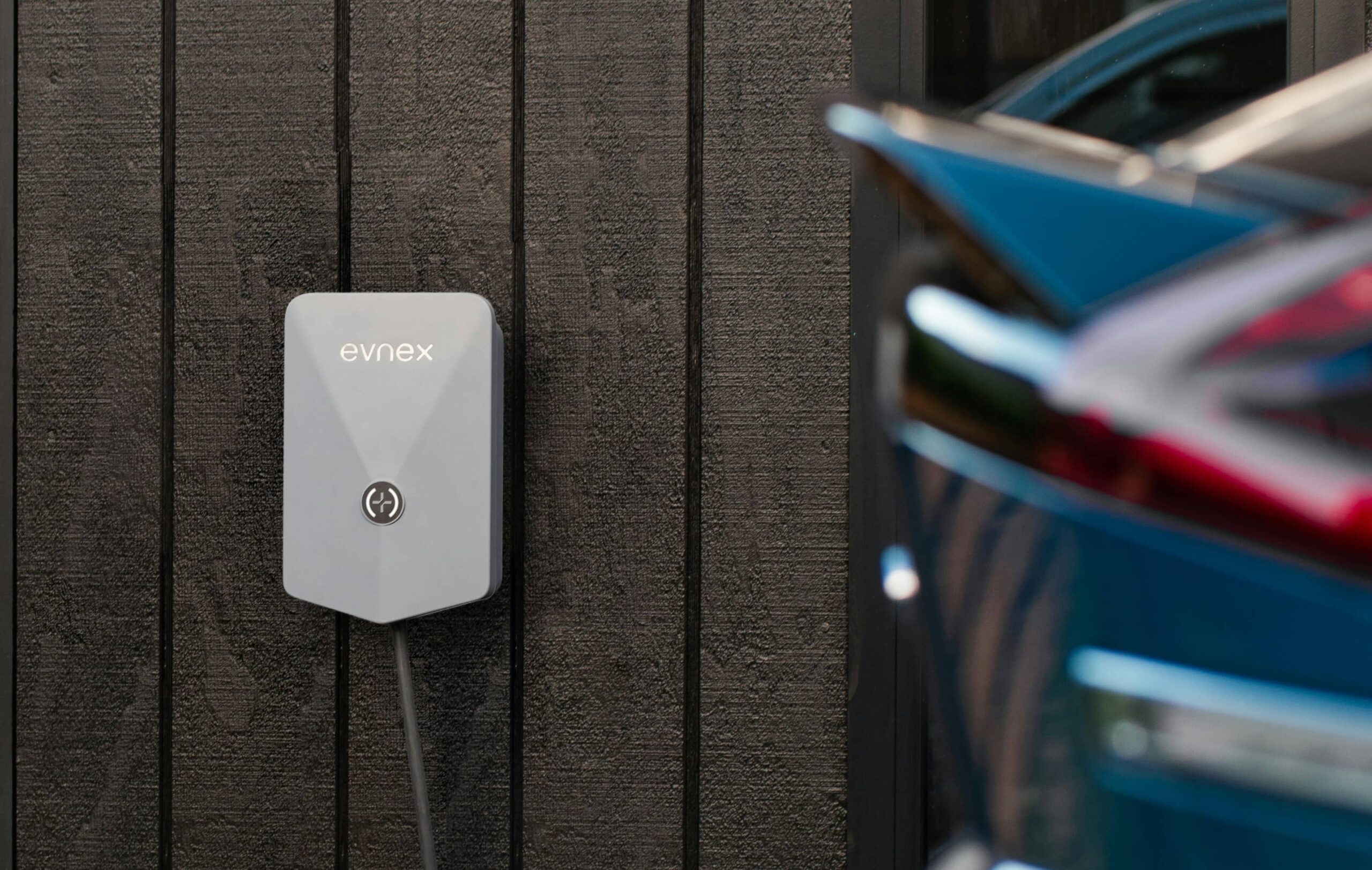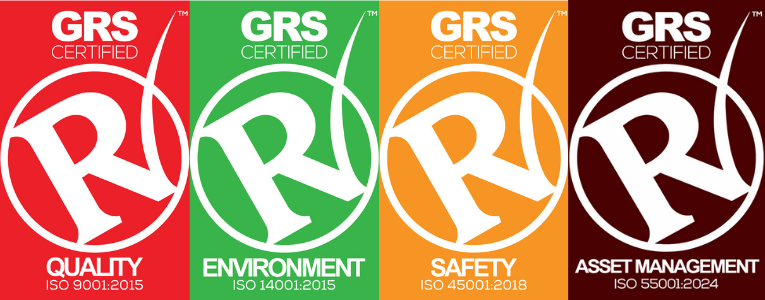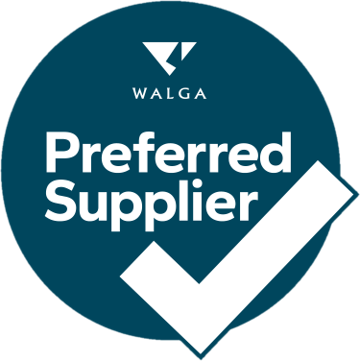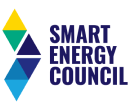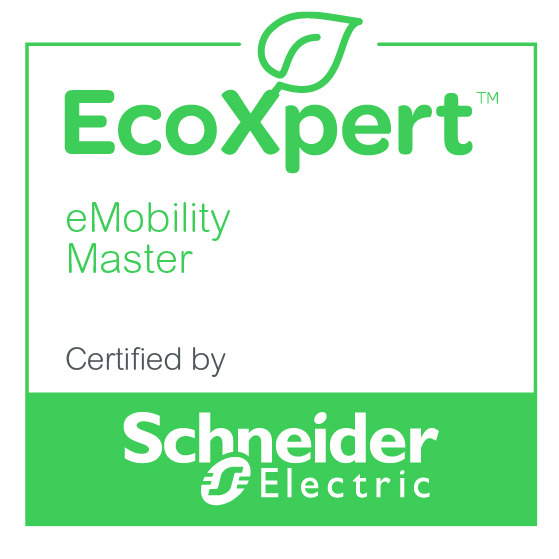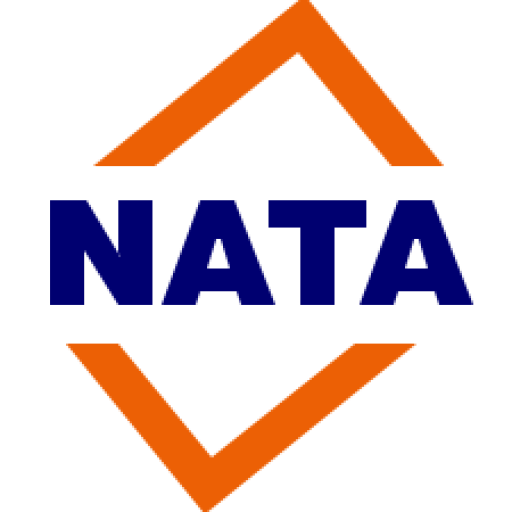Public EV charging stations are becoming more common in WA, but EV charging at home is also growing in popularity.
Charging your electric vehicle at home offers convenience and the ability to control the level of charge.
In this guide, we’ll cover everything you need to know about preparing your home for EV charging.
What Do You Need for Home EV Charging?
To charge your electric vehicle at home, you will need:
- An EV Charger that is compatible with your electric vehicle and driving habits
- Charging cables of the proper length
- A power supply that is suitable for the type of EV charger you choose and compliant with local safety codes and regulations
- A dedicated, off-street charging spot (typically a garage or carport)
Does My Home Need an Electrical Upgrade for EV Charging?
The first step in home EV charging is checking with a licensed electrician to confirm your home’s electrical switchboard has the capacity for an EV charging station.
Older homes may have outdated wiring or insufficient capacity and will require switchboard upgrades. Without proper capacity, your EV charger may overload the system and pose fire or electrocution hazards.
You can usually find out which phase power type your home has by looking at the width of your switchboard’s main switch. Single-phase power supply has a one-pole wide switch. A three-pole wide switch indicates three-phase power.
Single-phase switchboards are still capable of charging electric vehicles but three-phase power is faster if your vehicle has the capacity.
Once your system is evaluated, an electrician will update the existing wiring, install a dedicated circuit breaker, perform switchboard upgrades, and ensure the system can support reliable, safe EV charging.
If more capacity is needed for EV charging, an electrician will help you determine a load management solution.
Learn More: What Is Load Management for EV Chargers?
WA Permitting and Regulations for Home EV Chargers
If you are in a strata, you will need approval from your strata council body. Else, you do not need council permit to install an EV charger at home, unless you live in a non-metro area in Western Australia or regional area, where approval from the network operator may be required (for example Horizon Power).
How to Decide Which Type of EV Home Charger to Install
Most chargers are compatible with any EV brand, so choosing a home EV home charger comes down to driving habits, home set up, budget, and preferences.
Here is a look at the types of EV chargers for home use and how to decide which suits your needs.
Level 1 EV Charger
- Usually compatible with a standard 240V power outlet
- The most basic type of EV charger
- Provides a slow charge
- Can typically provide an overnight charge for approx. 100 kilometers worth of driving
- Best suited for drivers who commute short distances or mostly run local errands and have the time to charge their EV overnight
Level 2 EV Charger
- More powerful than Level 1 EV chargers
- Most likely requires dedicated circuits, heavy-duty wiring, and a 240V electrical outlet
- Require professional installation
- Allows for faster charging
- Better for drivers who need to quickly recharge their electric vehicle
- Ideal for travelling longer distances
Level 3 and Level 4 EV Chargers
- Fastest charging available
- Requires significant electrical infrastructure
- Typically only seen in public charging stations or commercial spaces
- Ideal for travellers and longer journeys
If you need help determining the best charger type or your EV charging needs, our team at EV Charging Systems can evaluate your home setup and driving habits to find the best fit for you.
Home EV Charger Installation Process
1. Ensure Your Electrical System Can Support a Home EV Charger
As mentioned, a licensed electrician will need to inspect your electrical system to ensure it can support a home EV charger.
Older homes or outdated electrical systems may need updates to the switchboard, wiring, circuit breakers, or amperage to safely support a home EV charger.
2. Select a Location for the EV Charger
The ideal EV charging station location will be safe, convenient, and support efficient charging.
Here are some factors we recommend considering to help you choose the best location for a home EV charger:
- Do you have a detached or attached garage or carport?
- Do you always park in the same area?
- Do you drive your vehicle in or back it in?
- Will the charger be protected from the elements and extreme temperatures?
- Is the EV charger rated for indoor or outdoor charging?
- How far is the charger from your switchboard? What length of charging cable will you need?
- Where will you mount the EV charger to? Is there a solid wall or structure nearby?
- Where is the charging point located on your electric vehicle and will it line up with the charging station?
- Is there proper ventilation?
- Will your EV charger have adequate space around it to keep the charging cable organised?
- Is there a strong WiFi signal near the charging station (this is important if you want to be able to connect your charger to your smartphone)
3. Installation
We recommend having a home EV charger installed by a licensed electrician. Installing a home EV charger, especially a Level 2 charger that requires infrastructure updates, can be complicated and dangerous.
EV charger installation requires an extensive understanding of electrical standards, proper wiring, and commissioning techniques.
At EV Charging Systems, we offer safe, efficient home EV charging installation in 3 easy steps:
- Contact Us to discuss your questions and set up a consultation.
- We’ll analyse your home/garage setup, your goals, and driving preferences to determine an EV charging solution that is tailored to your exact needs. Then, we’ll get you a free quote on home EV charging installation.
- Our technicians will complete the work safely and efficiently so you can enjoy the benefits of home EV charging right away.
Can I Integrate My EV Home Charger with Solar?
Yes, your home EV charger can be powered by solar energy. Charging your electric vehicle at home using solar energy is convenient, cost-effective, and eco-friendly.
A properly sized residential solar system can allow you to charge your EV for free during the day. Adding home solar batteries can allow you to store excess energy to use for charging your EV at night.
Be sure to select a solar-compatible charger with Smart app features to make the most out of your home charging system.
Learn more: A Guide to Charging Your EV with Home Solar
Safety Precautions for Home EV Charger Installations
Safety is a top priority for a home EV charger.
Here are our top EV charging safety tips:
- Hire a licensed electrician for any electrical upgrades, EV charger installation, or EV charging station repairs
- Ensure all electrical work complies with local codes
- Always adhere to the manufacturer’s charging guidelines
- Ensure there are no obstructions around your EV charger
- Keep EV charging cables neat and organised
- Choose a safe, secure location for your home EV charger
- Make sure the EV charging station has adequate safe to easily move around it, especially if you have household members with mobility challenges or children
How Much Does Home EV Charging Cost?
Home EV charging can be a cost-effective way to power your electric vehicle. However, you still need to pay for the electricity you use, installation fees, and any necessary electrical upgrades.
The cost of home EV charging will depend on several factors, such as how often you charge your EV, your electricity plan, and whether or not you have a residential solar PV system.
Contact us for a free quote on home EV charging installation.
What About EV Charging in Apartments?
Apartments with EV charging stations are becoming more popular. If your apartment complex does not have an EV charger, check with the strata manager or owner’s corporation and ask if they have a policy on EV charging installation.
Tired of Relying on Public EV Charging Stations?
If you are ready to enjoy the benefits of home EV charging, contact EV Charging Systems for your free consultation and quote.
From EV station installs to infrastructure updates to charger repairs and maintenance, we are your one-stop-shop for your EV charging needs.
Our friendly, award-winning team of in-house Grade A electricians has helped hundreds of WA home and business owners enjoy safe, reliable EV charging.
Contact us today to speak with one of our licensed EV electricians and take the first step toward the convenience of home EV charging.
